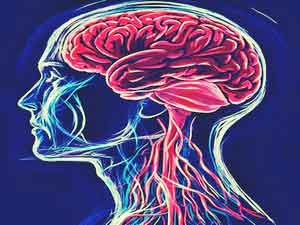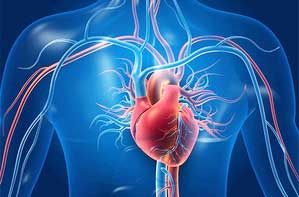Older adults are at significant risk of brain stroke due to prolonged exposure to air pollution, according to a study led by Chinese researchers.
The study showed that elderly males are disproportionately affected by ischemic stroke related to air pollution. Ischemic stroke is a condition resulting from reduced blood supply to specific areas of the brain due to blocked blood vessels. The primary contributor to this burden is PM2.5 from air pollution.
Researchers from the Shandong First Medical University evaluated the burden of ischemic stroke attributable to air pollution in China from 1990 to 2021. They also examined gender and age-specific differences and projected future disease burden trends from 2022 to 2036.
The results, published in the journal BMC Public Health, observed a decline in both age-standardised mortality rates (ASMR) and age-standardised disability-adjusted life years (DALY) rates for ischemic stroke attributed to air pollution.
However, the decline was slower among men than women, with a higher burden observed in elderly males.
“This suggests the need for gender-specific interventions and policies that target male populations, particularly the elderly, to reduce their exposure to air pollution and its adverse health effects,” said the researchers.
Previous studies suggest that both brief and prolonged exposure to air pollution can heighten the risk of ischemic stroke.
The underlying mechanism may involve environmental PM2.5 exposure contributing to the formation of atherosclerosis, which affects both small cerebral vessels and large arteries, thereby increasing the risk of ischemic stroke.
The study suggested effective measures and policies to improve air quality and simultaneously enhance public awareness of the health risks associated with air pollution, particularly for vulnerable groups such as elderly men.
“Government actions could include stricter regulations on industrial emissions, promoting the use of clean energy, and increasing public health campaigns to educate people about the risks of air pollution and the importance of protective behaviours,” said the researchers.







NPCI to decide on person-to-merchant payments cap on UPI transactions: RBI
In order to further boost digital payments, the National Payments Corporation of India will be enabled to set the limit on person-to-merchants transactions via Unified Payments Interface (UPI), RBI Governor Sanjay Malhotra said on Wednesday.
Indian pharmaceutical exports get reprieve from Trump’s reciprocal tariffs
Because of the importance of India’s pharmaceuticals to US healthcare, those exports will get a reprieve from President Donald Trump’s reciprocal tariffs, according to the White House.
New AI algorithm to predict risk of cardiovascular events, heart-related death
A team of researchers in South Korea has developed a novel artificial intelligence (AI)-based algorithm that uses electrocardiograph (ECG)2 data to predict the risk of cardiovascular events, and heart-related death.